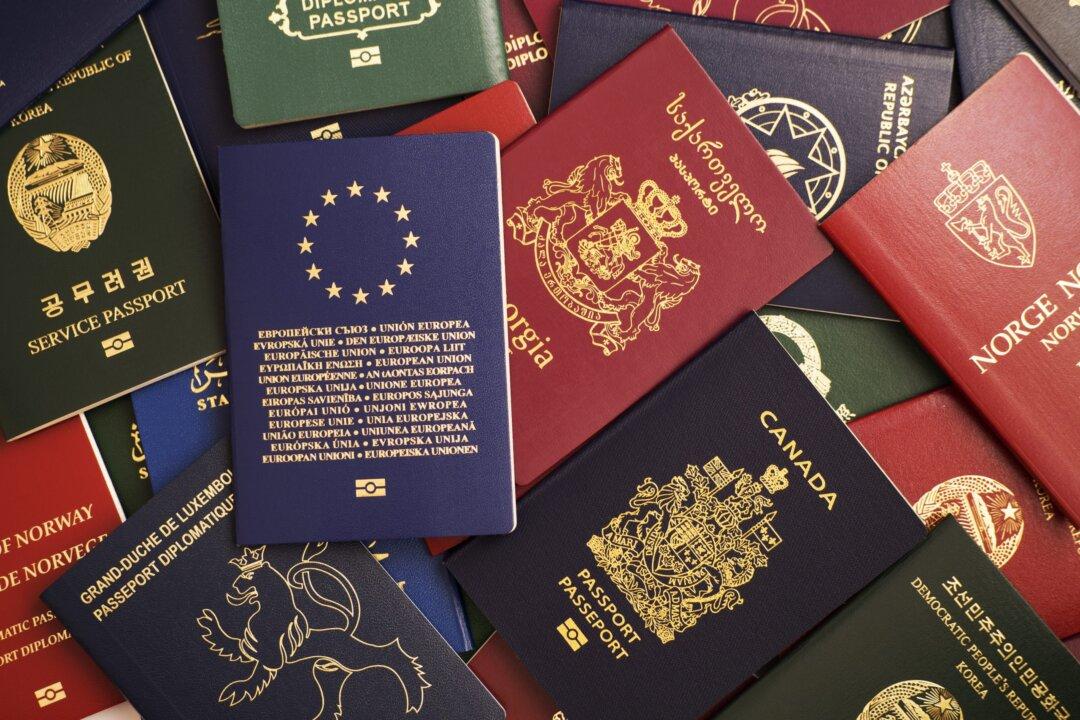Commentary
As immigration levels have grown in many Western countries, concerns over the politically destabilizing effects of large-scale migration have prompted a continuing debate over citizenship. As we’ve noted at Mises.org, many European states have consequently moved toward greater restrictions on citizenship. Other states, such as the United States and Canada, have yet to embrace any new limitations on naturalization laws.





